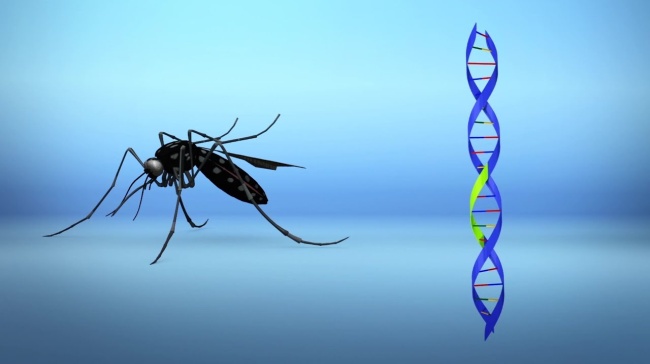Free Courses Sale ends Soon, Get It Now


Free Courses Sale ends Soon, Get It Now



Disclaimer: Copyright infringement not intended.
Context
Aim
Background
The Experiment
How GM mosquitoes are produced in Lab?

Effectiveness of GM mosquitoes in reducing numbers of mosquitoes
How can it be significant for India?
Significance
© 2024 iasgyan. All right reserved